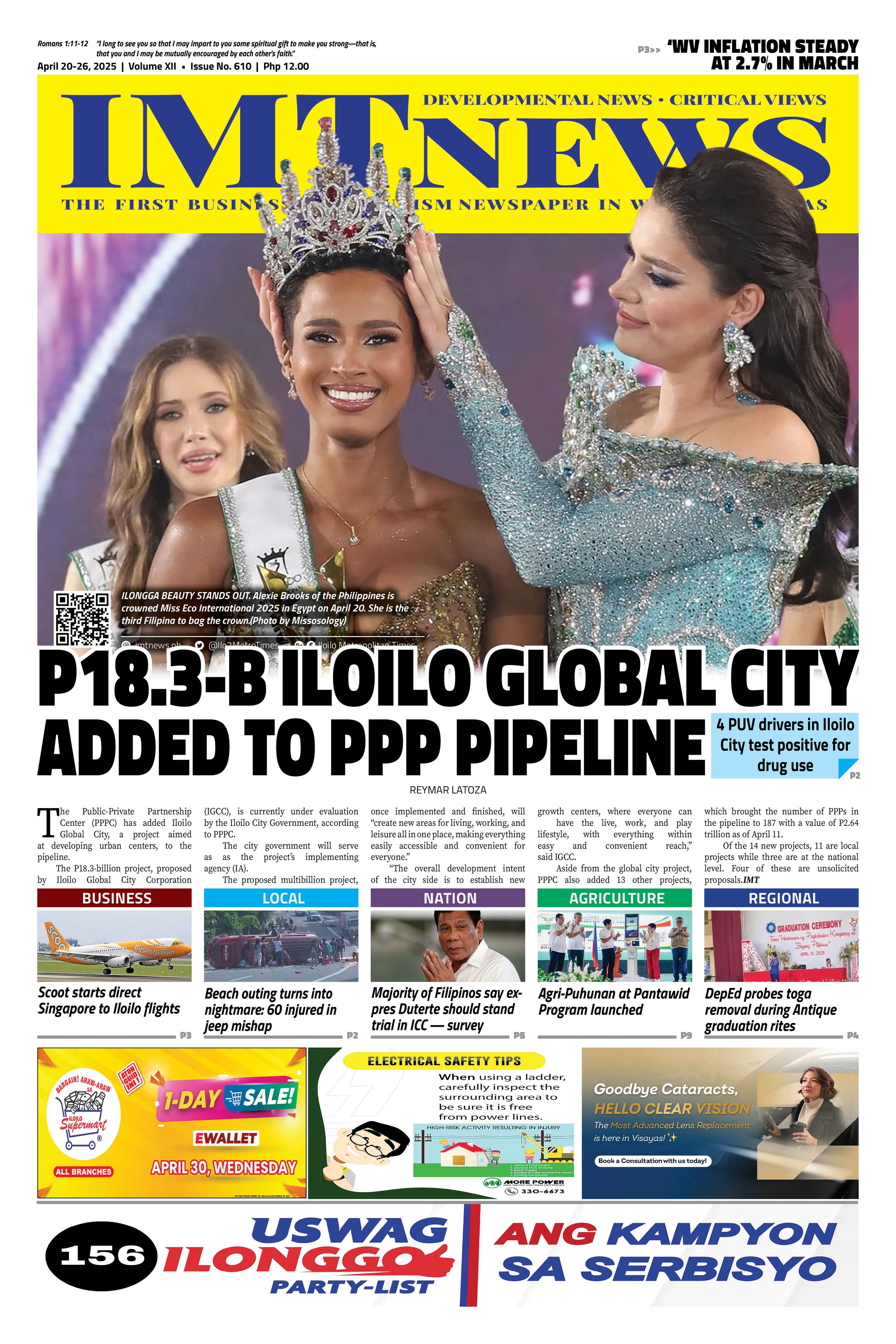ACCORDING to reliable sources, the Philippines imports about 99% of its dairy requirements.
At first, I found that hard to believe, fully knowing that we are an agricultural country with plenty of sources for silage and other feed stocks for cows, carabaos and goats.
What is happening to our country? Or to put it another way, what is not happening to our dairy industry that should actually happen?
When I was working for San Miguel Corporation (SMC)about five decades ago, doing advertising and promotions support for the Magnolia line of dairy products, I remember that SMC at that time had its own dairy farm in Tagaytay.
Even at that time, SMC might have been importing some of its dairy needs, but it surely had its own source of milk for its own requirements. What happened? Did SMC give up 100% of its own milk production in favor of 100% milk importation?
After passing the Foreign Service Officer (FSO) qualifying examinations many years ago, I was required to take economic diplomacy courses at the Foreign Service Institute (FSI). It was at the FSI where I learned about the difference between “comparative advantage” and “competitive advantage” from my former boss and mentor, Dr. Federico “Poch” Macaranas who, at that time, was the Department of Foreign Affairs Undersecretary for International Economic Cooperation.
Comparative advantage is the way to understand how a country could benefit by selecting one product to promote over another, due to lower opportunity costs.
Competitive advantage, on the other hand, helps a country to select what product to support in such a way that that product could have a distinct advantage over other countries that are also offering the same product.
Given these definitions, it appears that the Philippines may have given up on milk production, because it did not have the comparative advantage due to high opportunity costs.
In retrospect, the Philippines might have chosen another product over milk, because we did not, or could not have a distinct competitive advantage had we chosen milk instead of another product.
Perhaps our economic planners in the past found it easier to give up on milk so easily, because it is not a “political product” unlike rice that is highly politically driven.
For now, it is surely out of the question to export rice, simply because we neither have the comparative advantage nor the competitive advantage. In short, it was an easy economic decision to keep importing rice right now, until perhaps we could have a surplus production that could already make it advantageous for us to export.
But what about milk production? Should the government not make a decision to produce more milk, in order to be able to reduce our importation to say 49% only?
I think the government should do that if only for the purpose of food security and the nutrition of children.
Dr. Arnel Del Barrio, a scientist has proven that enabling young children to drink milk could surely free them from malnutrition, and it could even increase their weight.







